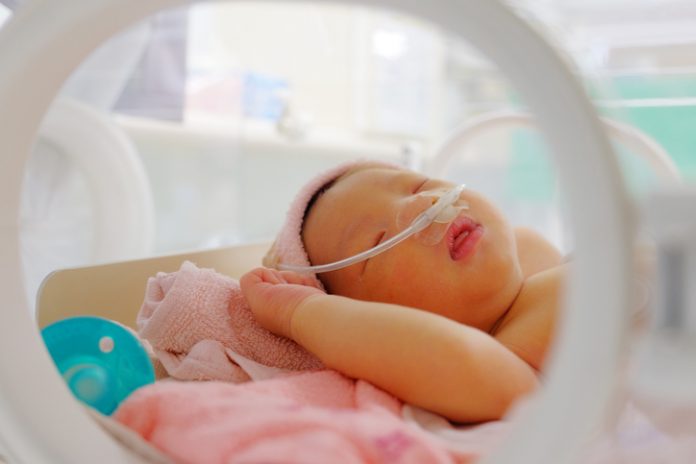
Looking to spread the success it has achieved in fast genomic screening of severely ill newborns, Rady Children’s Hospital-San Diego is leveraging $2 million in funding from Medi-Call to launch Project Baby Bear, the first California State funded program to offer rapid whole genome sequencing (WGS) for critically-ill newborns.
“We are honored to be selected as the first California children’s hospital to use the Medi-Cal platform to deliver access to this life-changing test to children who need it, regardless of their family’s ability to pay,” said Donald Kearns, M.D., M.M.M., president and CEO of Rady Children’s in a press release. “California is once again leading the way in improving the lives of children and families with Project Baby Bear.”
Rady Children’s began using whole-genome sequencing (WGS) in 2016 under the guidance of Stephen Kingsmore, M.D., president and CEO of Rady Children’s Institute for Genomic Medicine. Launched initially as clinical trials, the program at the hospital has garnered international intention not only for its improvement of clinical outcomes, but the speed at which it completes the sequencing and diagnoses of critically ill babies.
Since 2016, the hospital has sequenced nearly 1,200 children. More than one-third (34 percent) received a genomic diagnosis enabling physicians to make life-changing adjustments in care for 70% of those diagnosed.
Kara Coltrin, a mother whose neborn recieved care at Rady Children's shared the story of how her son suffered unrelenting seizures that took him to the brink of death before WGS pinpointed the cause of his illness and led doctors to change his treatment. “Genomic testing saved his life,” she said. “We’re blessed to be able to share his story so that we can help other children have access and give their parents hope.”
Last year, Rady Children’s Institute for Genomic Medicine set the world record for fastest diagnosis through genomic sequencing at 19.5 hours—a significant achievement and one that improves the chances of some of the most sick newborns who often only have hours or days to live without receiving appropriate care.
“Here at Rady Children’s, we’ve seen that using whole genome sequencing to diagnose and guide the care of babies hospitalized with rare diseases is reducing suffering and infant mortality, decreasing hospital stays and healthcare costs,” Kingsmore said in announcing the pilot program. “We are enormously grateful to the leadership of our elected officials in California for their willingness to support this important demonstration project. It’s our belief that rapid whole genome sequencing should become a first-line diagnostic test and standard of care in neonatal intensive care units everywhere.”











